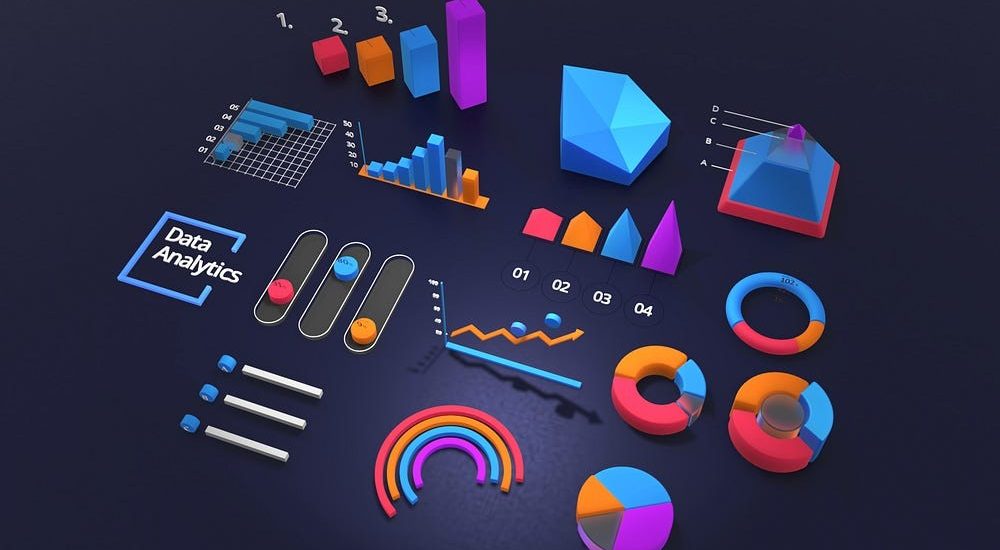In the dynamic world of digital marketing, data analysis stands as a transformative force, offering a treasure trove of insights that fuel strategic decision-making. From consumer behavior patterns to campaign performance metrics, the art of deciphering data empowers marketers to optimize strategies, enhance targeting, and drive tangible results. Let’s explore the profound impact of data analysis on digital marketing endeavors.
The Significance of Data in Digital Marketing
1. Understanding Consumer Behavior
Data analysis unravels valuable insights into customer preferences, browsing habits, and purchasing behavior. This comprehension enables tailored marketing strategies that resonate with the target audience.
2. Performance Tracking and Optimization
Analyzing data metrics from various digital channels allows marketers to measure the success of campaigns, identify strengths, and rectify weaknesses promptly for optimal performance.
3. Personalization and Targeting
Data-driven insights facilitate precise audience segmentation, empowering marketers to craft personalized campaigns that speak directly to specific demographics or interests.
The Role of Data Analysis Techniques
1. Web Analytics
Utilizing tools like Google Analytics helps track website traffic, user engagement, and conversion rates, providing a comprehensive view of online performance.
2. Social Media Metrics
Platforms offer insights into audience demographics, engagement rates, and content performance, aiding in refining social media strategies.
3. Campaign Metrics
Analyzing data from ad campaigns offers insights into click-through rates, conversions, and return on ad spend (ROAS), guiding future advertising efforts.
Leveraging Data for Strategic Decision-Making
1. Identifying Trends and Patterns
Data analysis uncovers trends, enabling marketers to adapt strategies to current market trends and anticipate future consumer behaviors.
2. A/B Testing and Experimentation
Testing variations using data analysis helps determine the most effective strategies, whether in ad creatives, email subject lines, or website designs.
3. Predictive Analysis
Forecasting future outcomes based on historical data allows marketers to make informed decisions and preemptively adjust strategies.
Navigating Data Privacy and Ethics
1. Compliance with Regulations
Adhering to data privacy regulations like GDPR ensures ethical and legal data usage, fostering trust with consumers.
2. Transparent Communication
Maintaining transparent communication with users about data collection and usage builds credibility and trust.
Conclusion: The Power of Data-Driven Marketing
In conclusion, data analysis in digital marketing isn’t just about numbers; it’s about deciphering insights that lead to informed, strategic decisions. By harnessing the power of data, marketers unlock the potential to optimize campaigns, personalize experiences, and achieve remarkable results in the ever-evolving digital landscape. Embrace data analysis as the cornerstone of your digital marketing strategy, and propel your brand towards sustainable growth and success.






